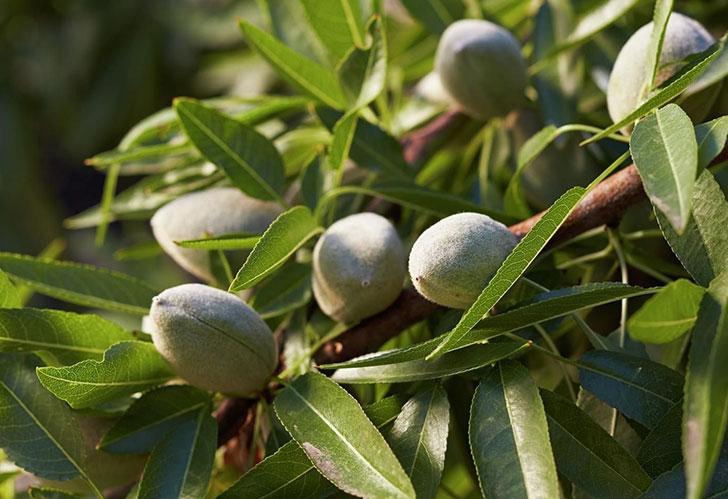Inteldevconference
Intel HPC Software WorkshopWill Agronomy Be The Future Of Agriculture?
Friday , 15, July 2022 Business and Management Comments Off on Will Agronomy Be The Future Of Agriculture?Agronomy is the study of plant growth and development, soil science, plant pathology, crop production and agronomy related business.
It is a multidisciplinary field that draws from a wide range of scientific disciplines including biology, chemistry, geography, mathematical modeling, engineering and management.
Agronomists are employed by commercial farmers, academic institutions, government agencies and private industry. They work in both field and laboratory settings to help farmers produce crops that meet their specific needs while ensuring the long-term sustainability of agricultural systems.
The future of agriculture and crop production . This field is quickly becoming more important as the world faces an array of food shortages. There are many benefits to agronomy, including a better understanding of plant biology and genetics, improved crop yields, and more efficient use of land. Agronomy has the ability to improve the sustainability of agriculture while reducing environmental impact.

One area where agronomy can make a significant impact is in the area of water usage. Improved irrigation techniques and strategies can help farmers use less water, thereby reducing the amount of water needed for other purposes such as industrial production. Additionally, agronomy can help farmers reduce their reliance on chemical pesticides and herbicides.
Another area where agronomy can make a significant impact is in the area of food security. By improving crop yields, agronomy can help farmers produce enough food to meet global demand without damaging the environment. Additionally, by understanding plant biology and genetics, agronomists can develop new varieties of crops that are better suited to specific regions or climates.
Agronomy has the potential to improve many aspects of agricultural production and help address some of the world’s most pressing food shortages.